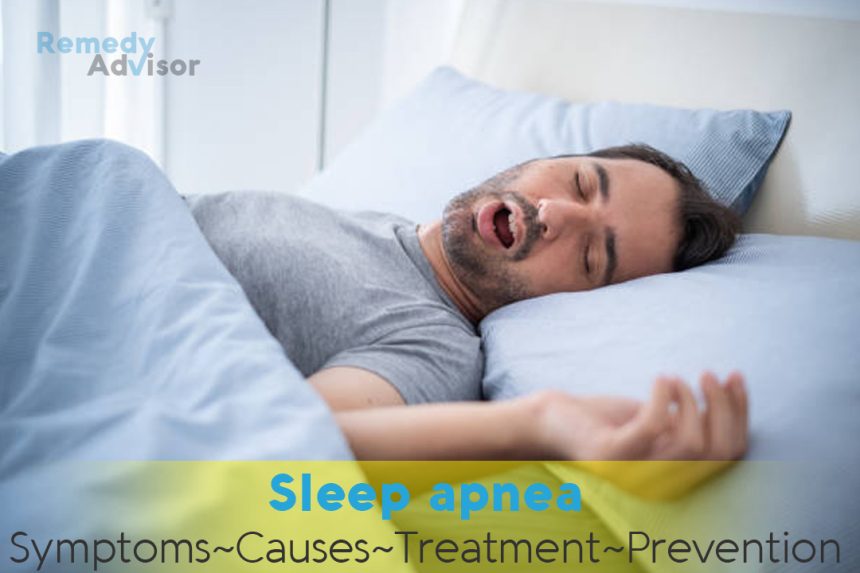What is it
Heavy snoring is sometimes a symptom of obstructive sleep apnea, a serious disorder in which the muscles of the upper airway relax to such an extent that the airway becomes blocked. Snorers with sleep apnea actually stop breathing temporarily, then snore loudly, struggling to recover a pattern that may be repeated several hundred times a night.
Sleep apnea affects anywhere from 2 to 10 percent of adults, yet the condition is still rarely diagnosed. Family members may tell you that you stop breathing at night and snore explosively. Apnea prevents you from sleeping restfully by robbing you of restorative REM (rapid eye movement) sleep, thus leading to daytime drowsiness, irritability, faulty memory, and lack of ability to concentrate.
Because of daytime drowsiness, those with sleep apnea are seven times more likely than average to be in traffic accidents. Apnea may also increase the risk of hypertension, stroke, heart attack, and other cardiovascular hazards. (For example, half of those with the disorder are found to have hypertension.) In rare cases especially among the elderly, apnea may lead to severe respiratory failure and death.
Symptoms
- Intense snoring pattern that ends in a loud gasp or snort.
- Waking up abruptly at night.
- Headaches upon waking.
- Feeling lethargic during the day for no apparent reason.
What causes it
Excess weight and age are associated with sleep apnea, since the excessive relaxation of muscles at the back of the throat that triggers apnea is a consequence of getting older or gaining extra weight. Men, people over 65, and especially the seriously overweight are particularly prone to the condition. Consuming alcohol before bedtime and using sedatives can also promote sleep apnea.
What if you do nothing
The snoring and other symptoms associated with sleep apnea are unlikely to improve without some form of intervention at the very least weight loss for those who are overweight.
Home remedies
If you suspect that you have sleep apnea, tell your doctor. If you’re diagnosed with the dis- order, there is no simple solution. You can try the self-care measures to reduce or stop snoring, but these often aren’t effective for apnea. Losing weight is the one measure that may have the most benefit.







